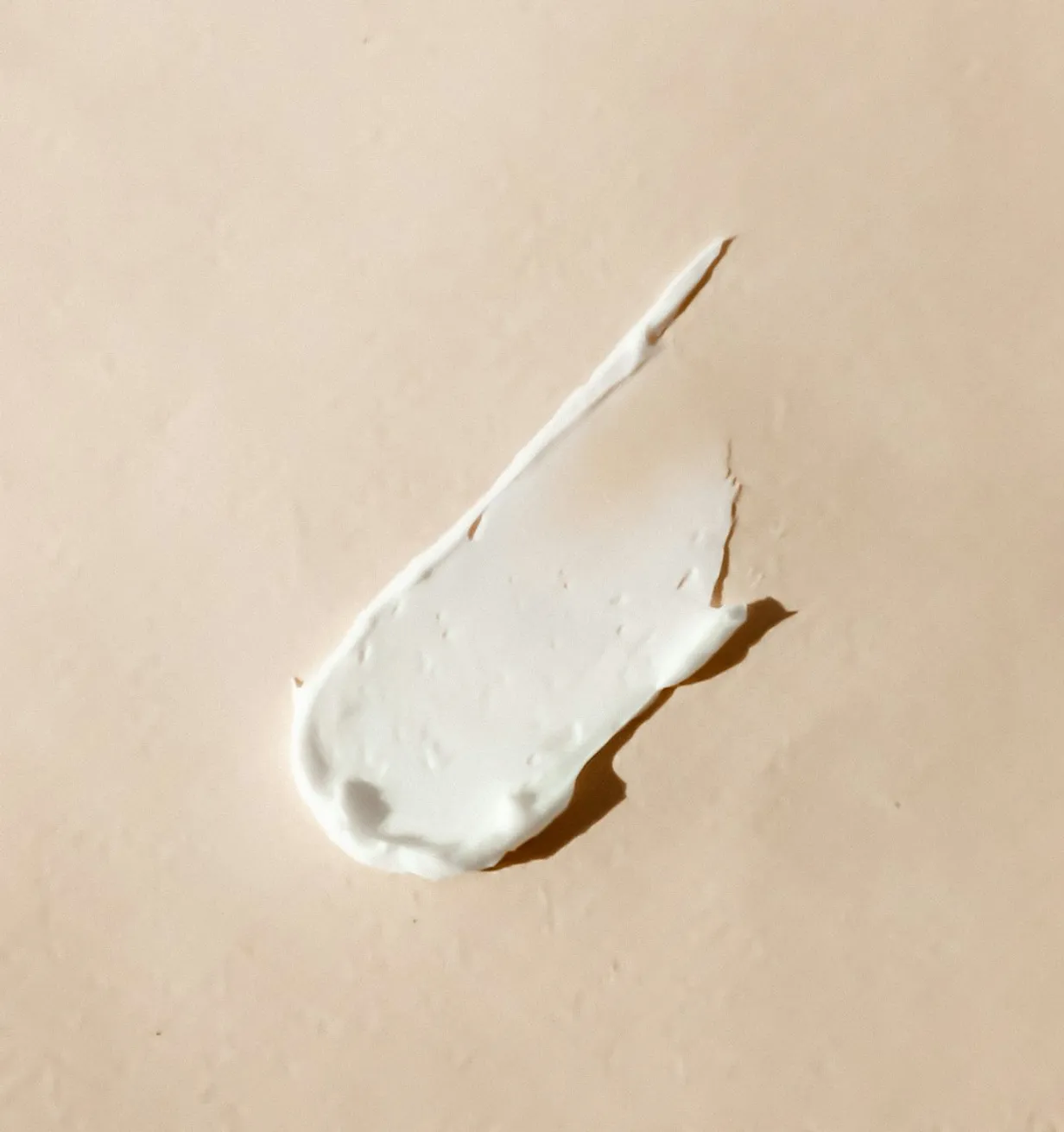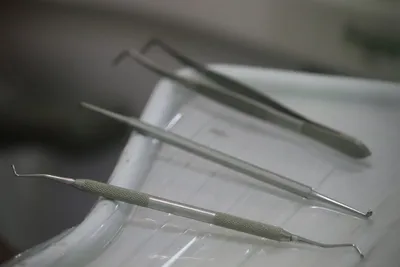
Understanding the Lifespan of Dentures: How Long They Last and When to Replace Them
Introduction to Denture Lifespan
Dentures are a critical component for many in maintaining a functional and aesthetic smile. However, like all dental appliances, they have a definitive lifespan. Understanding how long dentures last and when to replace them is essential for ensuring both comfort and oral health.
Factors Affecting Denture Longevity
Material Quality
The materials from which dentures are made greatly influence their durability. High-quality acrylic or porcelain materials tend to offer longer lifespans compared to budget options.
Daily Wear and Tear
The frequency and manner in which dentures are used can impact their longevity. Regular eating, speaking, and cleaning contribute to the natural wear over time.
Oral Care Practices
Proper care and maintenance significantly extend the lifespan of your dentures. Regular cleaning and proper storage are vital practices.
Signs It May Be Time for Replacement
Visible Damage
Cracks, chips, or worn-down teeth in your dentures are clear indicators that a replacement is necessary.
Discomfort or Pain
Any persistent discomfort, irritation, or pain while wearing dentures suggests they may no longer fit correctly, necessitating replacement.
Changes in Fit
Over time, changes in the structure of your gums and jaw can alter the fit of your dentures. Loose or ill-fitting dentures can lead to discomfort and functional issues.
Prolonging the Life of Your Dentures
Regular Professional Check-Ups
Schedule regular check-ups with your dentist or denturist. They can provide guidance on maintenance and identify when replacements are necessary.
Proper Cleaning Techniques
Utilize appropriate denture cleaning solutions and brushes. Avoid abrasive cleaners that can damage dentures.
Conclusion
While dentures are a robust solution for many, they are not impervious to wear. Understanding the factors that contribute to their lifespan and recognizing the signs for replacement can ensure you maintain both your smile and oral health for years to come.
Popular Oral Health Articles
Explore the articles our readers find most helpful, ranging from basic dental care tips to advanced oral health topics.



Related Posts
View All
The Role of Saliva in Oral Health


